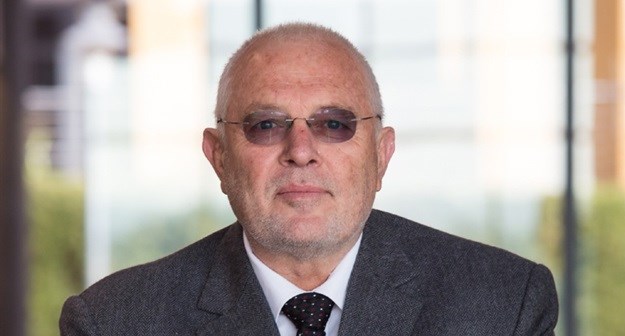
Top stories






More news

















A key challenge is the trend towards education as a commodity in which the higher education institution is run like a business, focusing on delivering programmes that are products only. These institutions are often swayed by external stakeholders and create products for the greatest commercial gain. The creation of authentic content that prepares people for society is not considered. This approach is neither advisable nor acceptable.
The world has shifted into a knowledge-economy, where intellectual capital, emotional intelligence and understanding of technology set job seekers apart in the workplace. This new paradigm demands new skill sets and a different graduate profile. Higher education institutions need to be responsive and mindful of emerging global trends.
Of course, the credibility of academic programmes and institutions lies in their sound academic base, which often takes years to create, verify and solidify into curricula. This means that the shift of higher education institutions toward a more creative and reflective way of learning won’t be instantaneous. It will happen at its own pace, depending on the capacity and commitment of the institution’s staff. I look forward to a new generation of academics who will continue to lead this process with a firm commitment to engaging directly with society and industry to create sought-after skills and employable graduates.
Although every graduate should enter a prosperous career when they complete their studies, the knowledge-economy urges us to think beyond this outcome. A good education is not simply about getting a job or being in a position to be paid more. This flawed, utilitarian outlook will lead graduates nowhere, as they are chasing something they cannot control. To be truly educated means to have an overriding interest in using your ability, potential and aptitude to make a meaningful contribution to society. If you reduce your life to a mere job or salary, you become a passive entity in society and are not going to gain true satisfaction from your career.
This outlook is fundamental to our approach at Monash South Africa. Our global network’s mantra - "Here for Good" - not only refers to the longevity of our institution, but the sentiment behind our programmes. Our community engagement and academic programmes focus on how to contribute and relate to society, as well as how to lead and respond to societal challenges. Over half our students were involved in service learning initiatives during the past year. This reflects our culture on campus, which focuses on contributing to charitable initiatives and nurturing a proactive, entrepreneurial spirit. We are on a mission to foster critical thinking, problem solving, technical knowledge, teamwork, creativity, multidisciplinary aptitudes, and the ability to develop supportive relationships, as these are non-negotiable skills in the information era.
This is a defining moment for education, where academics and tertiary institutions have the opportunity to reflect on the universal relevance of their curricula. It is time to reject commoditised programmes in favour of real partnerships with corporates that provide skills-insight and graduate opportunities. It is time to foster a global view and global platforms for education. It is time to go beyond merely delivering graduates. This transformation will challenge institutions to engage faster with their socio-economic context, move out of isolation and interrogate how their curricula make an authentic impact on society. There has never been a more opportune time to transform education for the greater good of our society.